Filter by
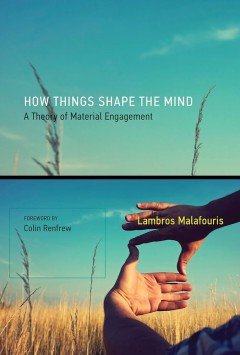
How Things Shape the Mind: A Theory of Material Engagement
An account of the different ways in which things have become cognitive extensions of the human body, from prehistory to the present.An increasingly influential school of thought in cognitive science views the mind as embodied, extended, and distributed rather than brain-bound or "all in the head." This shift in perspective raises important questions about the relationship between cognition and …
- Edition
- -
- ISBN/ISSN
- 9781461935674
- Collation
- 1 online resource (xv, 304 pages)
- Series Title
- -
- Call Number
- -
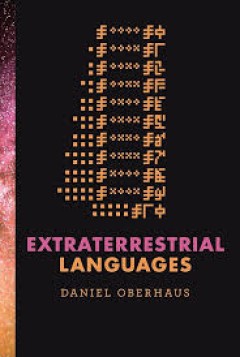
Extraterrestrial languages
If we send a message into space, will extraterrestrial beings receive it? Will they understand?The endlessly fascinating question of whether we are alone in the universe has always been accompanied by another, more complicated one: if there is extraterrestrial life, how would we communicate with it? In this book, Daniel Oberhaus leads readers on a quest for extraterrestrial communication. Explo…
- Edition
- -
- ISBN/ISSN
- 9780262355261
- Collation
- 1 online resource (264 pages).
- Series Title
- -
- Call Number
- -
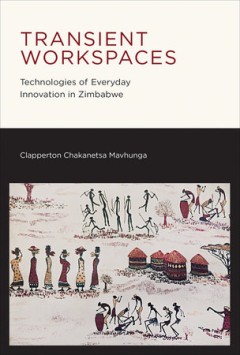
Transient workspaces: Technologies of everyday innovation in Zimbabwe
"In this book, Clapperton Mavhunga views technology in Africa from an African perspective. Technology in his account is not something always brought in from outside, but is also something that ordinary people understand, make, and practice through their everyday innovations or creativities -- including things that few would even consider technological. Technology does not always originate in th…
- Edition
- -
- ISBN/ISSN
- 9780262326155
- Collation
- 1 online resource (xi, 296 pages) :illustrations.
- Series Title
- -
- Call Number
- -
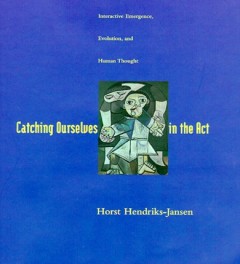
Catching Ourselves in the Act: Situated Activity, Interactive Emergence, Evol…
"A Bradford book."OCLC-licensed vendor bibliographic record. Catching Ourselves in the Act uses situated robotics, ethology, and developmental psychology to erect a new framework for explaining human behavior. Rejecting the cognitive science orthodoxy that formal task-descriptions and their implementation are fundamental to an explanation of mind, Horst Hendriks-Jansen argues for an alternative…
- Edition
- -
- ISBN/ISSN
- 9780262275262
- Collation
- 1 online resource (xii, 367 pages).
- Series Title
- -
- Call Number
- -

Against nature
A pithy work of philosophical anthropology that explores why humans find moral orders in natural orders. Why have human beings, in many different cultures and epochs, looked to nature as a source of norms for human behavior From ancient India and ancient Greece, medieval France and Enlightenment America, up to the latest controversies over gay marriage and cloning, natural orders have been enli…
- Edition
- -
- ISBN/ISSN
- 9780262353809
- Collation
- 1 online resource (96 pages) :illustrations.
- Series Title
- -
- Call Number
- -
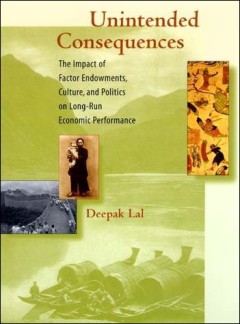
Unintended consequences :the impact of factor endowments, culture, and politi…
A somewhat expanded version of the Oklin Memorial Lectures ... delivered at the Stockholm School of economics in the autumn of 1995"--Preface.OCLC-licensed vendor bibliographic record.
- Edition
- -
- ISBN/ISSN
- 9780262277877
- Collation
- 1 online resource (x, 287 pages) :illustrations.
- Series Title
- -
- Call Number
- -
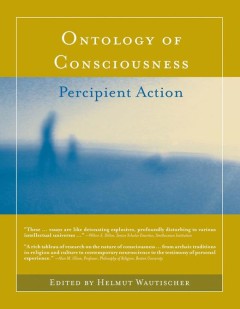
Ontology of consciousness :percipient action
"A Bradford book."OCLC-licensed vendor bibliographic record.
- Edition
- -
- ISBN/ISSN
- 9780262316347
- Collation
- 1 online resource (xxix, 638 pages) :illustrations
- Series Title
- -
- Call Number
- -
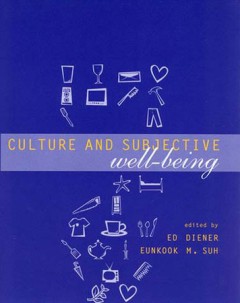
Culture and Subjective Well-Being
The question of what constitutes the good life has been pondered for millennia. Yet only in the last decades has the study of well-being become a scientific endeavor. This book is based on the idea that we can empirically study quality of life and make cross-society comparisons of subjective well-being (SWB).
- Edition
- -
- ISBN/ISSN
- 9780262316194
- Collation
- 1 online resource (viii, 355 pages) :illustrations.
- Series Title
- -
- Call Number
- -

Philosophical psychopathology
"A Bradford book."Philosophical Psychopathology is a benchmark volume for an emerging field where mental disorders serve as the springboard for philosophical insights. It brings together innovative, current research by Owen Flanagan, Robert Gordon, Robert Van Gulick, and others on mental disorders of consciousness, self-consciousness, emotions, personality, and action and belief as well as gene…
- Edition
- -
- ISBN/ISSN
- 9780262274227
- Collation
- 1 online resource (ix, 332 pages)
- Series Title
- -
- Call Number
- -
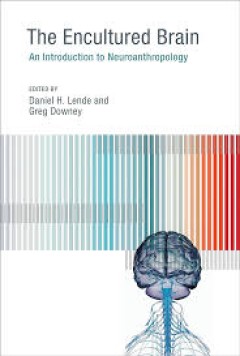
The Encultured Brain: An Introduction to Neuroanthropology
Basic concepts and case studies from an emerging field that investigates human capacities and pathologies at the intersection of brain and culture.OCLC-licensed vendor bibliographic record.
- Edition
- -
- ISBN/ISSN
- 9780262305679
- Collation
- 1 online resource (ix, 438 pages) :illustrations
- Series Title
- -
- Call Number
- -
 Computer Science, Information & General Works
Computer Science, Information & General Works  Philosophy & Psychology
Philosophy & Psychology  Religion
Religion  Social Sciences
Social Sciences  Language
Language  Pure Science
Pure Science  Applied Sciences
Applied Sciences  Art & Recreation
Art & Recreation  Literature
Literature  History & Geography
History & Geography